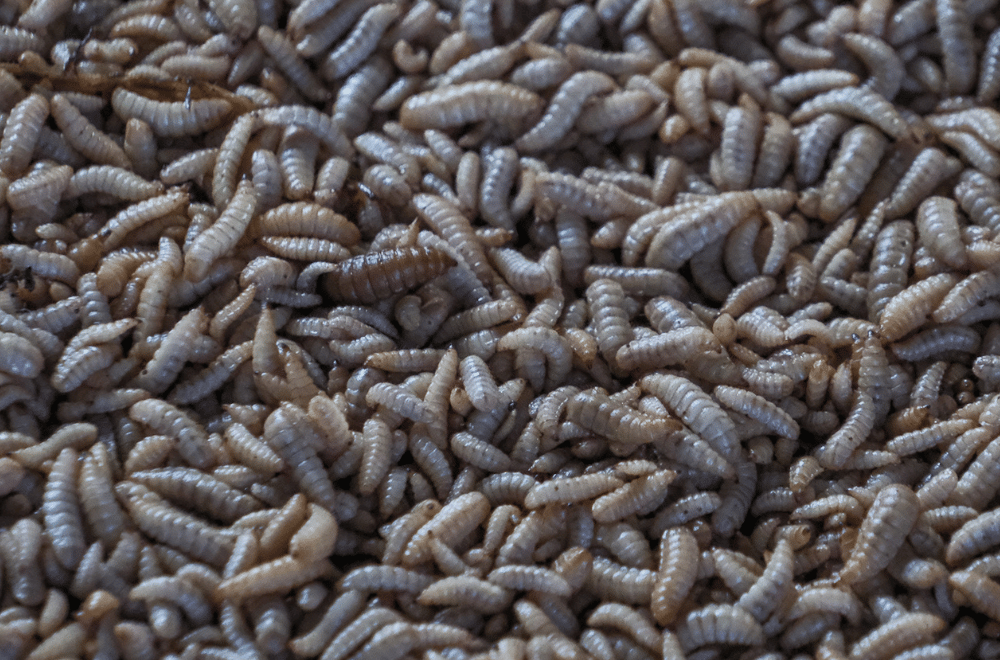Baguio City is tackling its biodegradable waste problem with the help of a Black Soldier Fly (BSF) facility at Irisan Ecopark.
This initiative allows the local government to decompose food waste quickly and efficiently.
The facility can process over 20 kilograms of food waste daily.
Plans are underway to implement BSF management techniques in various parks across the city.
To ensure success, barangay officials will receive training on proper BSF management.
PROCESS
According to the Food and Agriculture Organization of the United Nations (FAO), BSF facilities begins their process by collecting organic waste, such as food scraps and vegetable peels.
BSF eggs are placed in the facility. When the eggs hatch, tiny BSF larvae (baby flies) emerge.
The larvae are fed the collected organic waste. They eat a lot and grow quickly, breaking down the waste in the process.
The facility maintains the right conditions for the larvae to thrive, such as the right temperature and humidity.
After a few weeks, the larvae grow into large, fat maggots. They are then harvested from the facility.
The harvested larvae can be dried and used as animal feed or converted into other products, like organic fertilizer.
Any leftover waste that the larvae don’t eat can be composted or used to create bioenergy.
STUDIES
According to a 2022 study on Waste Management, an International Journal of Integrated Waste Management (IWWG), BSF larvae have emerged as a promising solution for processing organic waste, offering an eco-friendly and cost-effective method.
In a 2024 study on the Science of the Total Environment (STOTEN), BSF larvae can consume a variety of organic materials, including food scraps and agricultural waste, and convert them into nutrient-rich biomass and frass (larval excrement), which can be used as organic fertilizers.
BSF larvae can recycle about 75 percent of organic waste in just a few days, according to a 2020 study from the Graduate School of Environmental Engineering, University of Indonesia.
To achieve optimal results, BSF larvae need specific conditions, such as the right temperature and nutrient-rich food, according to a 2011 study on Waste and Biomass Valorization and a 2019 study on Scientific Reports.
(with reports from Jasmin Gabriel-Galban, GMA Regional TV One North Central Luzon, and Vincent John Abordo)




